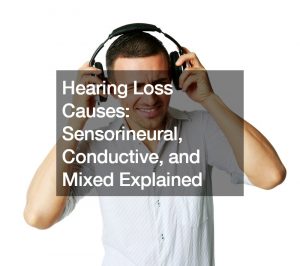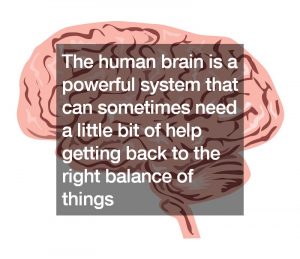Post-traumatic stress disorder (PTSD) is a psychiatric disorder. It occurs from sudden trauma. If someone experiences or witnesses a traumatic event, such as sexual assault, serious injury, or death, it can lead to PTSD. PTSD can cause intense fear, helplessness, and horror. People with PTSD may relive the event through flashbacks or nightmares, have difficulty sleeping, or feel detached or estranged from others. They may also be easily startled, experience anxiety and depression, and have trouble concentrating, So here are seven tips to help you deal with PTSD.
1. Seek Help From a Trauma Therapist
A trained trauma therapist can help you process the event and work through your emotions in a safe and supportive space. PTSDis a common reaction to trauma and can cause many symptoms, including intrusive thoughts, nightmares, Flashbacks, anxiety, and depression.
While it can be challenging to face your traumatizing experience, working with anintensive outpatient trauma therapistcan help you make sense of what happened and start to heal. The therapist can also help you avoid becoming isolated, allowing you to interact with others and forget the trauma incidents. Therapy will teach you healthy coping mechanisms for dealing with your PTSD symptoms. You will also begin to thrive again in your everyday life.
2. Join a Support Group
In a support group, you can share your experiences with others who have been through similar situations. This can be an invaluable way to process your feelings and develop healthy coping mechanisms. In addition, the support of others can provide much-needed strength and encouragement.
If you are interested in joining a support group, your local community center or hospital may be able to help you find one that is right for you. Alternatively, there are manyonline support groupsthat you can join. However, it is important to ensure that the group is moderated by a mental health professional. This will ensure that the environment is safe and supportive.
3. Get Some Exercise
A recent study found that eight weeks of moderate-intensity exercise significantly improved symptoms of PTSD compared to no treatment. In addition, the study found that exercise was just as effective as traditional PTSD therapies such as exposure therapy and cognitive behavioral therapy. If you are struggling with PTSD, consult with your doctor to find out if doing exercise will benefit you or not.
4. Practice Relaxation Techniques
Relaxation techniques help manage the symptoms of post-traumatic stress disorder. Relaxation techniques can be divided into two main categories: passive and active. Passive techniques involve letting go of muscle tension and allowing the body to relax. Standard passive methods include progressive muscle relaxation and guided imagery.

Active techniques involve focusing on breathing and using specific breathing patterns to promote relaxation. Standard active techniques include diaphragmatic breathing and square breathing.
5. Keep a Journal
Many people with post-traumatic stress disorderfind it helpful to keep a journal. Writing about their experiences can help them to process their emotions and come to terms with what they have been through.
In addition, journaling can provide a sense of catharsis, helping people to release their pent-up feelings and achieve a sense of closure. Moreover, by writing down their thoughts and feelings, people with PTSD can better understand their condition and learn how to cope with their symptoms.
6. Avoid Alcohol and Drugs
While there is no one-size-fits-all solution for dealing with PTSD, experts agree thatavoiding alcohol and drugsis an essential first step. Substances can worsen PTSD symptoms and make it difficult to cope with the emotions associated with trauma. In addition, they can lead to other problems, such as addiction. If you’re struggling with PTSD, contact a mental health professional for help. With treatment, you can learn healthy coping skills and begin to heal.
7. Talk to Someone You Trust
One of the best things you can do is to talk to someone you trust about what you’re going through. This could be a friend, family member, therapist, or anyone else who will listen and offer support. Talking about your experiences can be incredibly cathartic and may help you to start working through your PTSD. It’s also important to seek professional help if you’re struggling to cope.
PTSD can be debilitating, but there are ways to cope with the symptoms. Relaxation techniques, such as progressive muscle relaxation and diaphragmatic breathing, can help to manage the symptoms of PTSD. In addition, avoiding alcohol and drugs, and talking to someone you trust about your experiences, can also be helpful. If you’re struggling to cope with PTSD, seek professional help as soon as possible. With treatment, you can learn healthy coping skills and begin to heal.




